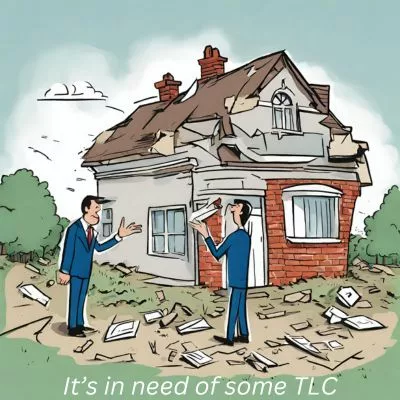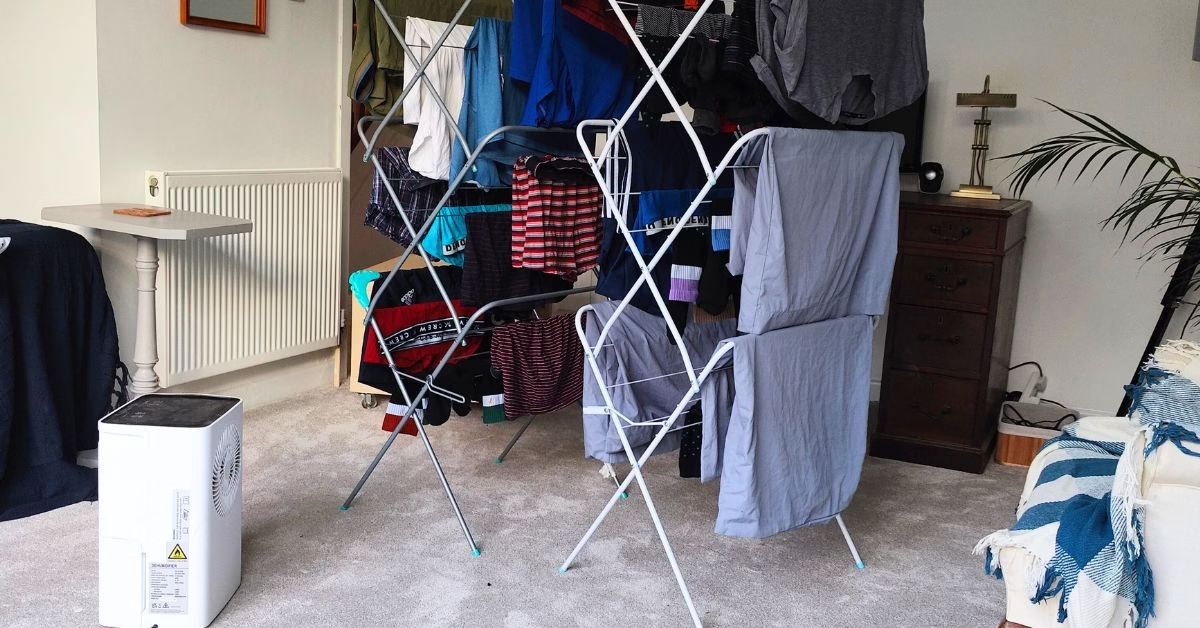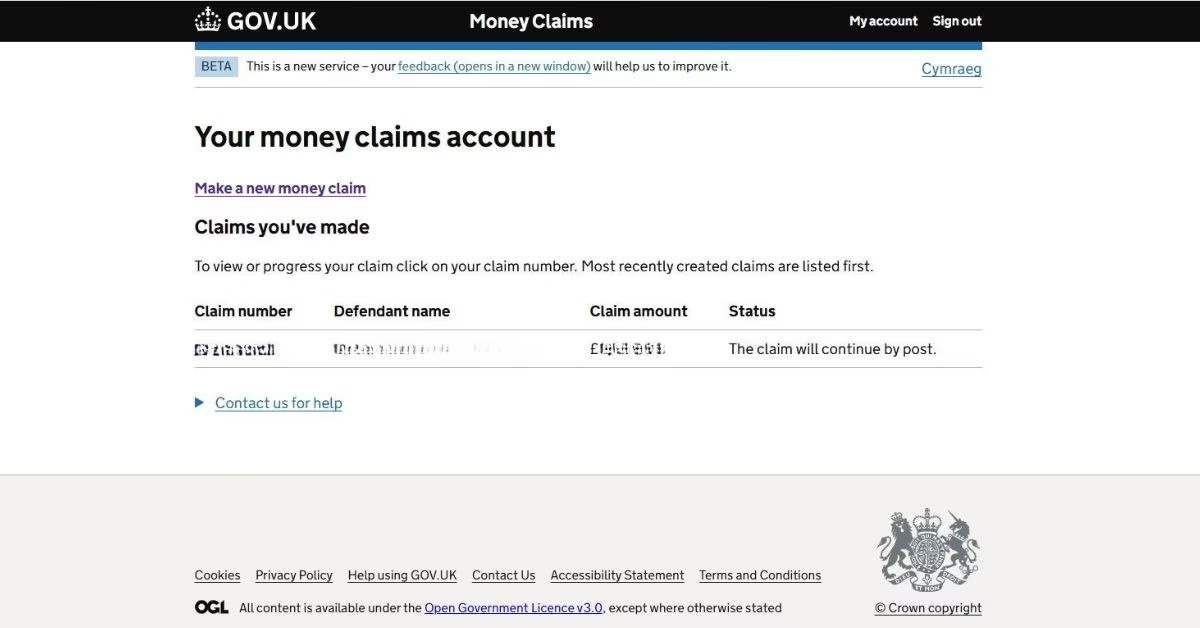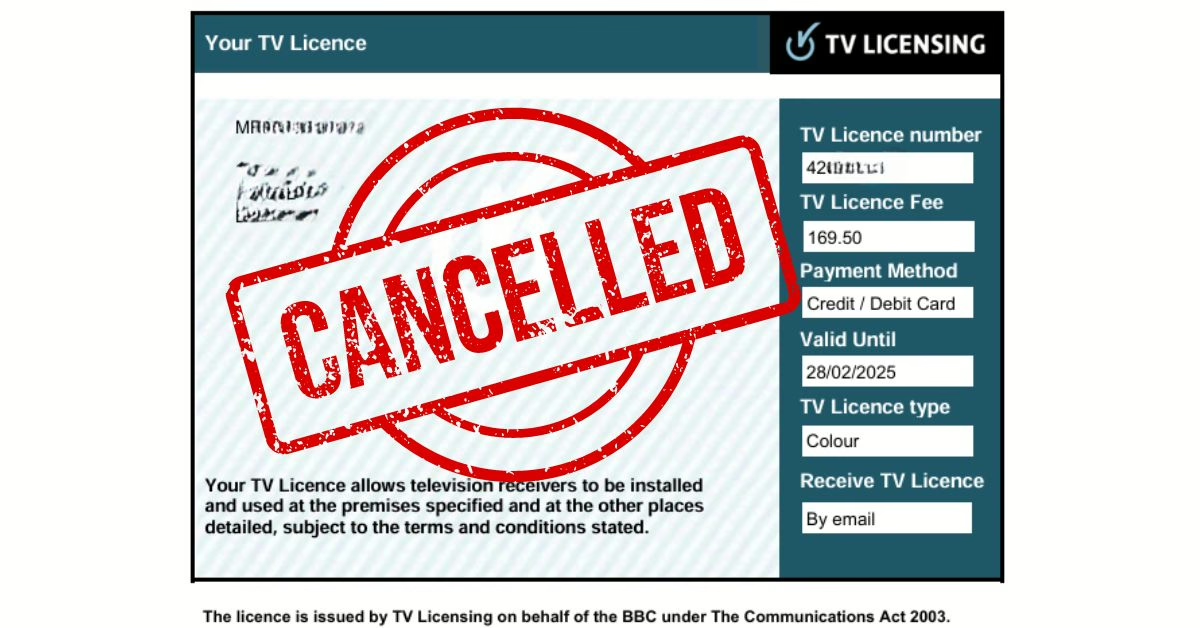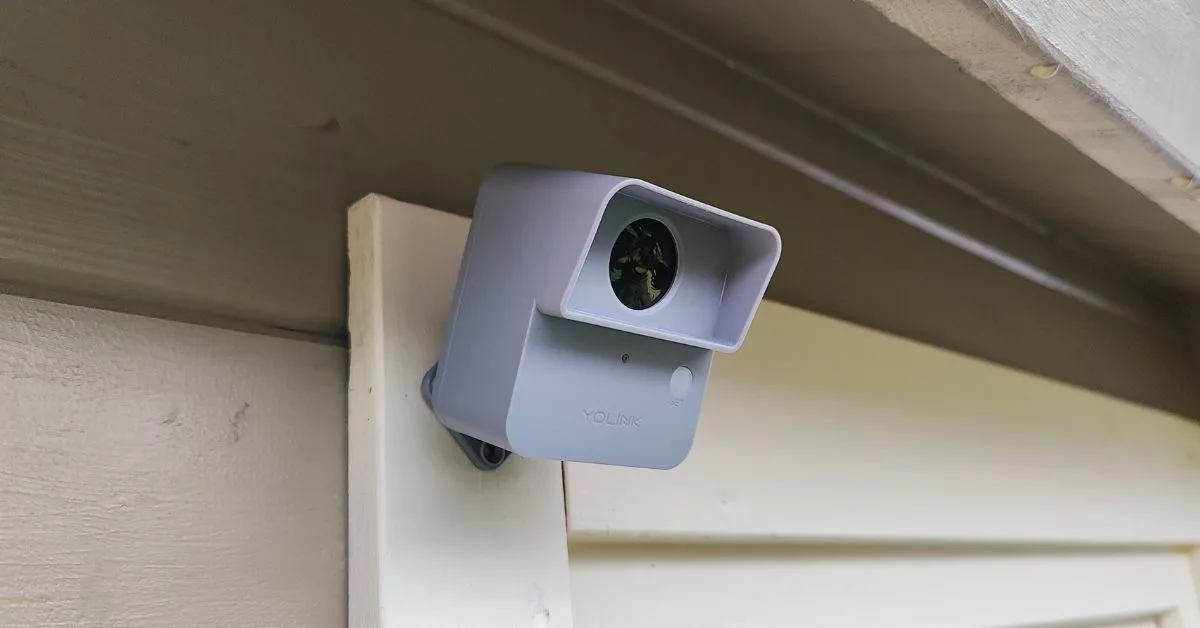Buying a house isn’t something that you do every day. In fact, in the UK, according to a Zoopla survey carried out in 2017, Brits, on average, move home every 23 years. This means that not many of us have experience in moving home. Below are some practical tips that I picked up when I moved home.
Estate Agents Are Not Your Friend
All the estate agents I encountered when buying a property were nice enough people. However, it is important to remember that they get paid a commission by the seller when a sale is completed. This means they have a big incentive to try and sell the property to you.
Here are some of the estate agent sales tactics I experienced :
-
-
- Misleading property descriptions – Quite often, I found the description of properties on websites like Rightmove did not match reality. This was especially true when it came to the ‘Approximate floor area’ of a property, which was always larger than the actual size…….take a tape measure to a viewing, and I guarantee the measurements you take will be quite a bit less than those advertised.
- Creating a sense of urgency – When I viewed properties, the estate agents would nearly always suggest that there was a lot of interest and that I needed to move quickly.
- Sugar-coated – Estate agents never have anything bad to say about the property they are trying to sell. Take anything the estate agent says with a pinch of salt. Always do your own research to get factually correct information.
- Misleading property descriptions – Quite often, I found the description of properties on websites like Rightmove did not match reality. This was especially true when it came to the ‘Approximate floor area’ of a property, which was always larger than the actual size…….take a tape measure to a viewing, and I guarantee the measurements you take will be quite a bit less than those advertised.
-
Look After the Pennies
Buying a property is an expensive business. The property will probably cost hundreds of thousands, and all the other costs will likely be in the thousands or tens of thousands. With such large sums of money flying around, it is easy to have a relaxed attitude to smaller amounts of money in the 10s or 100s of pounds, which feels like a drop in the ocean. Try to maintain strict control of your spending, whatever the amount.
Act Fast When Making An Offer
If you like a property, make an offer as soon as possible. If you don’t, there’s the risk that someone else will put in an offer, and the property is taken off the market.
The house that I ended up buying, I made the offer at the end of my first viewing. By making an offer, you’re not committing yourself to anything, so can back out later if you want.
The only downside to making an offer quickly is that the estate agent and vendor will know that you’re very keen on the property, which might make negotiations a bit more difficult.
Keep The Pressure On
All the professionals (solicitors, mortgage advisors, surveyors, estate agents, etc) that you use when buying a property will have other clients they’re working with. It is, therefore, important to keep communicating with them regularly to keep driving forward.
Need To Know
Only disclose information to the seller \ estate agent that is absolutely necessary. The reason for this is so you don’t give them ammo to use against you when it comes to negotiations……..remember as the buyer, estate agents are not your friend.
Workout Costs
It is really important to create a spreadsheet with a breakdown of all the costs you will have when buying a property. Make sure those costs are realistic. Where you’re not sure, assume the highest costs.
Continuously update the spreadsheet as you move forward in the property purchasing journey. Maintaining a current spreadsheet that details all expenses allows you to accurately assess your financial position, which will help keep stress levels down.
The table below lists the main costs associated with buying a new house. I’ve entered some estimated costs. However, the cost will vary considerably depending on the property and your circumstances.
| Type of cost | Estimated cost |
|---|---|
| Conveyancer/ solicitor’s fees | £800 to £2,000+ |
| Mortgage arrangement fees | £0 to £2,000+ |
| Mortgage booking fee | £0 to £200 |
| Local Searches | £100 to £800+ |
| Property survey (Home buyers) | £400 to £1,500 |
| Removals | £150 to £2,000+ |
| Stamp duty | 0% to 12% of home value |
Apart from the costs listed above, there may well be many other smaller costs to consider, for example, redirect post, property insurance, renovations & repair, cleaning, utility & service connection \ disconnection fees, life insurance, storage costs etc.
Get A Mortgage In Principle
Before embarking on your house-hunting journey, get a mortgage in principle. This isn’t a guarantee you’ll get that mortgage, but it gives you a good indication of how much you can borrow. It also gives estate agents confidence that you’re serious about buying a property.
Getting a mortgage, in principle, is free, doesn’t impact your credit score and doesn’t commit you to the mortgage.
Take A Video Of The Property
Some estate agents create video tours of properties, which they publish on their website and property portals like Rightmove. I found these videos helpful as they give a realistic view of the property, unlike photos, which can be very misleading, making a property look quite different to how it actually looks IRL.
If there isn’t a video tour of a property, it is worthwhile making your own when you view the property. It comes in useful after the viewing to refresh your memory.
The estate agent didn’t want me to record a video at one property I viewed. I think she thought I was casing the joint.
‘That Feeling’
Not many properties I viewed gave me that immediate positive feeling of the property being my future home. I think it is important not to get too hung up on having ‘that feeling’. Often, this feeling is merely a result of the property’s superficial appearance and scent. A fresh coat of paint and new carpets can relatively cheaply and easily convert a house into a home.
Negotiate On The Price
It seems to be standard practice to price a property above the actual price that is expected.
Tips On Negotiating Price
- Speak to the estate agent to see if any offers have been made for the property and for how much.
- Speak to the estate agent to find out the seller’s position. If the seller wants to move fast then that gives you a good negotiating position
- If the property has been on the market for a while, then that could mean there’s a good negotiating opportunity.
- You have to play the game. Make an initial offer considerably lower than what you want to pay and then negotiate your way up.
- Some sellers try their luck by pricing the property well above the market value. Check out the prices of similar nearby properties that have recently been sold. It is worth checking the Land Registry for the actual price the property was sold for.
- Get a mortgage in principle. It shows the estate agent \ seller that you can afford the property
- It can be surprising how much less than the asking price the seller is willing to accept. So try your luck and put in a silly low offer, you can always work your way up.
- Use any issues raised in the property survey to negotiate down the price.
- Subtley hint that there are several other properties that you’re interested in
- As mentioned earlier, only give information out on a need-to-know basis. You don’t want the estate agent \ seller finding out you need to move ASAP or what your top-end budget is etc. It will negatively impact your negotiations
Estate agents do need some information from you to do their job. try to answer their questions as vaguely as possible.
Costs Of Buying
Buying a house is probably going to end up being more expensive than you planned.
Use Professionals
Given the large financial investment involved in buying a property, relying on knowledgeable professionals is crucial. While obtaining a mortgage directly from a lender and handling your own conveyancing is feasible, it is going to be a hassle and will lack the thoroughness provided by a professional with years of experience.
Property Requirements
Before house hunting, create a (realistic) list of everything you’re looking for in a new home. Once you have a list of all your requirements, put them in priority order.
For me, there were only three requirements that were ‘must haves’, they were:
- Cost of property
- Location
- Number of bedrooms
All the other requirements I had were ‘nice to haves’.
Any property I viewed had to meet (or the potential to meet) the three ‘must have’ requirements.
Home Buyers Survey
Buying a house is expensive, so you want to ensure your purchase is in good shape. The best way to check the condition of a property is to get a survey by a qualified surveyor. In the UK, the most common survey type for home buyers is the Home Buyers survey.
- The RICS Level 2 Home Buyers survey (mine cost £600) is suitable for conventional properties that are in reasonable condition. If the property you’re looking to buy is not your typical British home, you might want to get a more thorough or specialist survey.
- Get a survey booked in ASAP – This is because any issues that crop up in the survey report will need to be resolved. Speak to your solicitor before booking the survey to ensure they haven’t got any concerns that could prevent the sale from happening.
- Interpreting the survey report – When I received my report from the surveyor, it highlighted a number of problem areas. It can be tricky to know if the concerns raised by the surveyor are genuine problems or simply the surveyor covering his arse.
In my survey, some things the surveyor had marked as ‘require urgent attention’ were not that serious. For example, the heating appliances hadn’t been serviced within the last 12 months. On the other hand, some things in the report that were marked as ‘No Issue’ were ringing alarm bells for me. For example, the potential asbestos in the ceiling!
One issue that the surveyor raised that didn’t seem a big problem to me but turned out to be a huge problem was spray foam insulation in the loft.
Fortunately, my conveyancer had previously dealt with properties that had spray foam insulation, so knew it was a genuine problem. I recommend you go through the survey report with your conveyancer. They can help you assess the severity of the concerns the surveyor raises.
Prepare For Problems
There is a lot that can go wrong with buying a house. Some of the problems will be things that you can work through and resolve. Other problems will be completely out of your control.
The best advice I can give regarding problems buying a property is to get an experienced conveyancer.
The Internet For Research
I’m sure it goes without saying, but the internet is a very useful tool for researching potential properties you’re interested in buying
Online resources that I used a lot were:
- Google Maps (satellite view) and Google Street View
- Zoopla
- Rightmove
- StreetCheck
- HomeOwnersAlliance
- How To Buy A Home – UK Gov
Register With Rightmove
By far, the most useful tool I found when looking to buy a house was Rightmove. There are other property portals similar to Rightmove. However, I found that the properties listed on Rightmove were the same as those listed on all the other property portals, like Zoopla, OnTheMarket and PrimeLocation.
I think it is worth setting up accounts with the other property portals as there is a possibility that some properties might not get listed on Rightmove.
I asked my local estate agents if they had properties on their books before they were published on Rightmove. They all said that as soon as they got a new property, it went straight on Rightmove.
Conclusion: Practical Tips For Buying a House
In my experience, buying a house starts off as fun and games and then soon becomes a massive pain in the arse. I found things constantly didn’t go my way, that everything costs a fortune and takes way longer than you want. I can understand why people in the UK only move every 23 years.
Hopefully, the tips I’ve listed above help you with buying a new home. I’ve tried to give tips that are slightly alternative to the typical tips and advice you find on many ‘property’ websites.
Good luck with buying a new home




